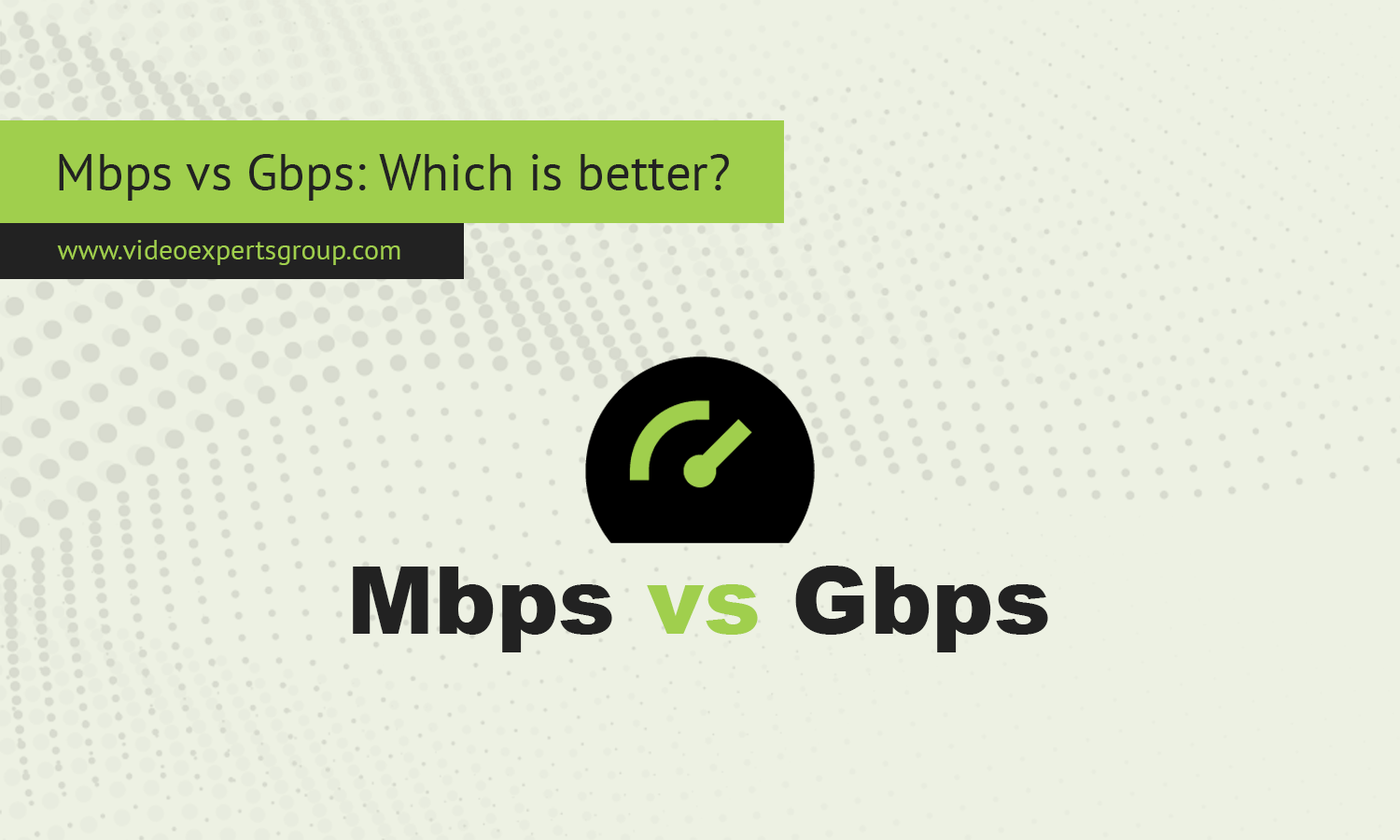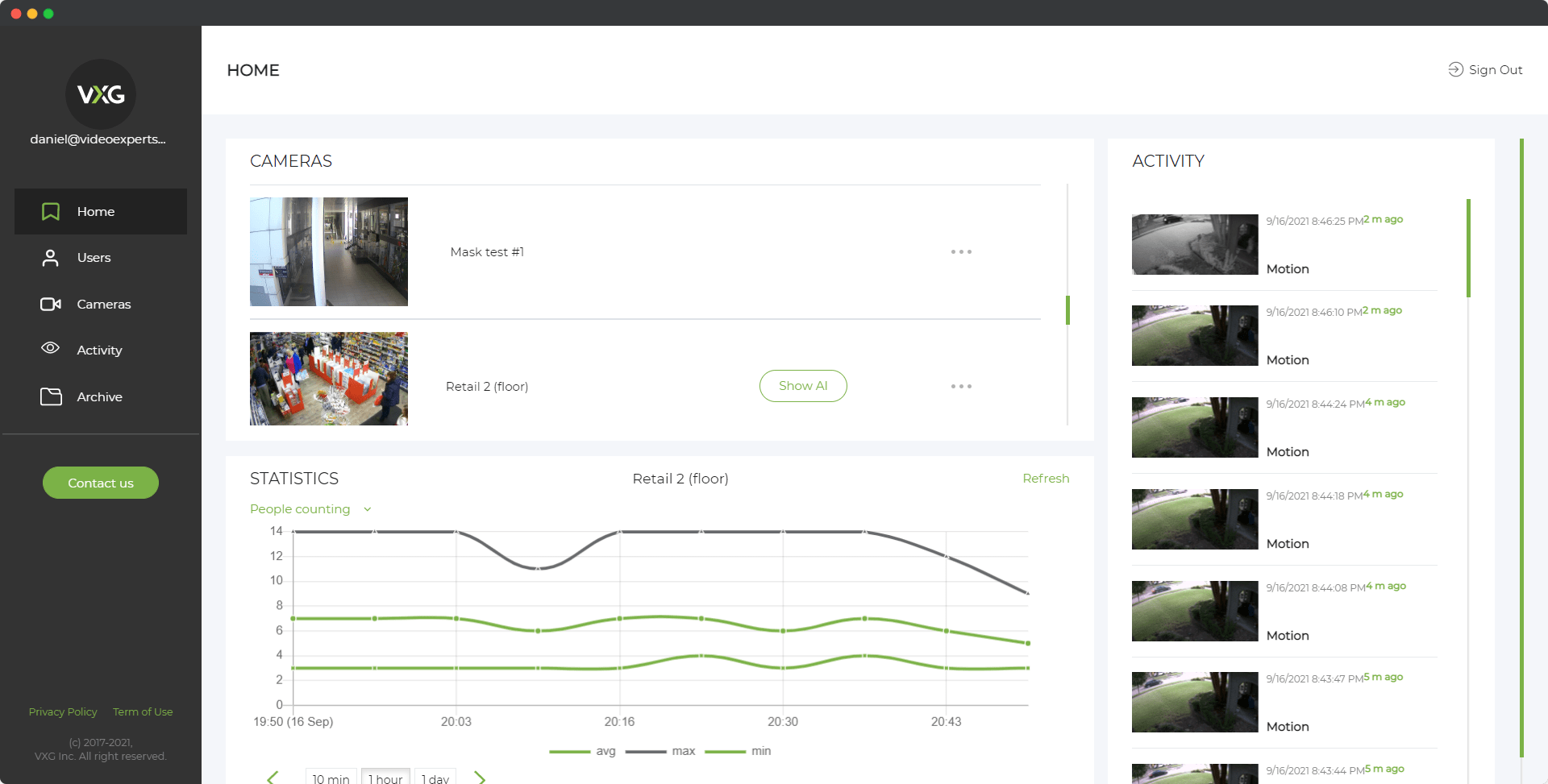In today’s digital world, understanding internet speeds is crucial as more of our daily activities depend on a stable and fast connection. Two common terms you'll encounter when comparing speeds are Mbps (Megabits per second) and Gbps (Gigabits per second). These terms are often seen in internet plans, tech specifications, and data transfer discussions, but what do they mean, and how do they differ? More importantly, which is better: Mbps or Gbps? This article will provide a clear explanation of Mbps and Gbps, their differences, and how to choose between them based on your needs.
What is Mbps?
Mbps, or Megabits per second, is a unit of measurement for internet speed that represents one million bits per second. This metric is used to gauge how quickly data can be transmitted or downloaded over a network. For example, a speed of 25 Mbps means that 25 million bits of data can be transferred in one second.
Common Uses of Mbps
- Streaming: Services like Netflix, YouTube, and other video streaming platforms often require between 5 to 25 Mbps for HD quality.
- Web Browsing and Social Media: General browsing or using social media requires less speed, often around 1-10 Mbps.
- Basic Online Gaming: Multiplayer games need at least 3-5 Mbps for smooth play, but higher speeds reduce latency.
What is Gbps?
Gbps, or Gigabits per second, represents one billion bits per second (1,000 Mbps). Gbps is used to describe very high-speed internet connections and is typically seen in advanced internet plans, corporate environments, and areas with fiber-optic internet infrastructure.
Common Uses of Gbps
- High-Quality Streaming: For multiple 4K streams simultaneously, Gbps speeds are ideal as they ensure there’s no buffering.
- Data-Intensive Work: Large data uploads/downloads, such as handling 3D graphics or high-resolution video files, benefit from Gbps speeds.
- Business and Cloud Services: Businesses with numerous users or requiring cloud computing support may find Gbps necessary to keep workflows smooth.
What are the Differences Between Mbps and Gbps?
The primary difference between Mbps and Gbps lies in the amount of data they represent per second. Here’s a breakdown:
| Feature | Mbps | Gbps |
|---|---|---|
| Data Rate | 1 million bits per second | 1 billion bits per second |
| Speed Range | 1 Mbps to 999 Mbps | 1 Gbps and above |
| Use Case | Residential use, streaming, basic internet activities | Business, high-data, ultra-HD streaming |
| Common Plans | DSL, cable, fiber (lower tiers) | High-speed fiber plans, corporate |
For example, a speed of 1 Gbps is equivalent to 1,000 Mbps, meaning it transfers data 1,000 times faster than a 1 Mbps connection.
Which is Better, Mbps or Gbps?
The answer to which is better – Mbps or Gbps – depends on your specific internet needs. Here’s a general comparison to help guide your choice:
-
Home Use: For everyday home use, such as streaming HD content, browsing, and light online gaming, Mbps speeds are usually sufficient. Plans ranging from 25 to 100 Mbps typically support households of 2-4 users well.
-
Professional and Business Use: If you have a home office, conduct data-heavy work, or are in a field like video production, you might benefit from higher Mbps or even Gbps speeds. Gbps speeds are optimal for businesses that frequently upload/download large files, work with remote servers, or have multiple employees on the same connection.
-
Future-Proofing: A Gbps connection may be beneficial if you want to prepare for the future, as technology continues to evolve towards high-bandwidth applications. For instance, a home with multiple smart devices, 4K streaming needs, and IoT devices could leverage a Gbps connection.
FAQ
When comparing Mbps and Gbps, Gbps is technically "better" as it offers faster data transfer. However, the practical choice depends on your internet usage. For standard home activities, Mbps is usually sufficient. For businesses, high data environments, and future-focused users, Gbps provides a reliable, fast solution. Understanding these differences will help you select the right plan that aligns with your needs.
















